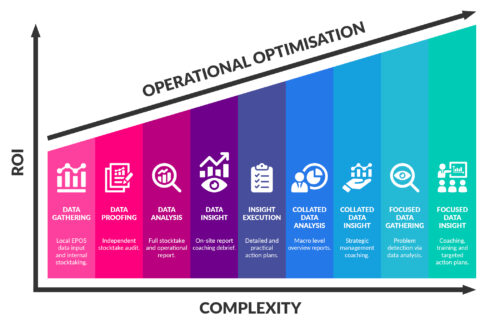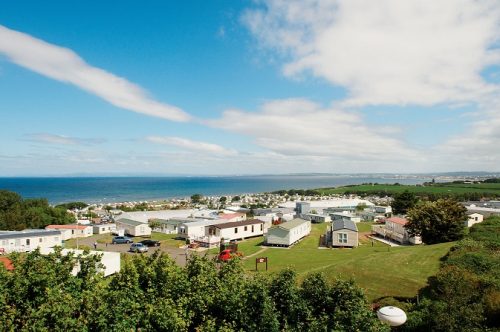
Operational optimisation is at the heart of sustainable success for hospitality.
It is a vital component to enduring the hardships that we face in an industry that is challenged by rising costs, taxes, and intense competition.
Operational optimisation is about achieving excellence in efficiency through the implementation of effective control strategies. This applies across an entire business, but is particularly relevant to food and beverage operations where streamlined systems, clear controls, and data-driven decisions make the biggest impact.
Optimising operations should never be just about saving money. It is equally about boosting guest satisfaction, increasing revenue, and building long-term resilience. Ensuring that an operation runs at peak performance is not a one-time initiative either. It is an ongoing commitment to continuous improvements to create a seamless business. It involves tracking performance metrics, identifying bottlenecks, and using that insight to implement changes that enhance service delivery, resource management and profit margins.
Key challenges
The first major challenge to operational optimisation is the complexity of coordinating the various F&B divisions within your operation. Miscommunication can lead to gaps in control, inefficiencies, and inconsistent service quality.
Technology is another double-edged sword. Whilst new platforms offer great potential for automation and data collection, they can also overwhelm teams and require extensive training. Especially when there are major system changes or updates, this can temporarily disrupt and, in some cases, completely alter your hospitality operation. Choosing the right technology systems that enable long-term operational optimisation within your business is a challenge.
Lastly, seasonal demand, economic changes, and external pressures also make it harder to maintain consistent performance, which in turn makes operational optimisation more difficult to achieve. What works during busy periods may not apply during quieter times, which means operators must constantly adapt.
The role of data and control
It is often said that “data is king,” but data cannot exist outside of control strategies, and is just noise unless it is followed by insight.
Controls ensure that accountability and transparency are central to your business’ procedures. The data just evidences that the right controls are in place or not.
Insight is where most controls should stem from. Whether those insights come from internal teams, external experts, or AI, the interpretation of data is what ultimately guides decision-making. Insight should determine the relevant key performance indicators (KPI) to track. It is also what determines the relevant responses to any issues that are highlighted from KPI data analysis.
The operational optimisation process
The Venners operational optimisation process is designed to implement effective controls through expert insight at every stage of the business journey.
Hospitality operators can develop a deep and comprehensive understanding of their operational landscape by following this process.
The positive news is that achieving an upward trajectory in the operational optimisation process is pretty much infinite. This might sound daunting but if progress equals success then there are no limits. Interestingly, the level of ROI you can see from the process is determined by how deep you are willing to dive. This is where expert insight takes its place as the critical driving force to achieving true operational optimisation. Speak to us for help with implementing effective controls and optimising your F&B operation.







